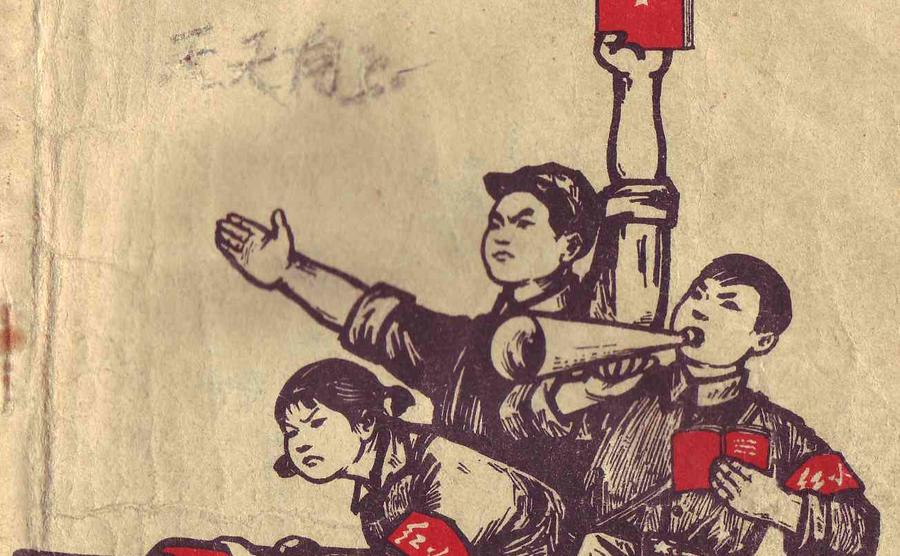Type d'événement, date(s) et adresse(s)
Séance spéciale de séminaireThe Cultural Revolution: A People’s History, 1962-1976

À l'occasion de la publication de son nouvel ouvrage, The Cultural Revolution: A People's History, 1962-1976, Frank Dikötter interviendra dans le séminaire d’Alain Blum, dans la perspective d'engager une discussion mettant en perspective l'expérience chinoise de la Révolution culturelle et l'expérience soviétique.
After the economic disaster of the Great Leap Forward that claimed tens of millions of lives between 1958 and 1962, an aging Mao launched an ambitious scheme to shore up his reputation and eliminate those he viewed as a threat to his legacy. The stated goal of the Cultural Revolution was to purge the country of bourgeois, capitalist elements he claimed were threatening genuine communist ideology. But the Chairman also used the campaign to turn on his colleagues, some of them longstanding comrades-in-arms, subjecting them to public humiliation, imprisonment and torture.
Young students formed Red Guards, vowing to defend the Chairman to the death, but soon rival factions started fighting each other in the streets with semi-automatic weapons in the name of revolutionary purity. As the country descended into chaos, the military intervened, turning China into a garrison state marked by bloody purges that crushed as many as one in fifty people.
When the army itself fell victim to the Cultural Revolution, ordinary people used the political chaos to resurrect the market and hollow out the party’s ideology. In short, they buried Maoism. In-depth interviews and archival research at last give voice to the people and the complex choices they faced, undermining the picture of conformity that is often understood to have characterised the last years of Mao’s regime. By demonstrating that decollectivisation from below was an unintended consequence of a decade of violent purges and entrenched fear, Frank Dikötter casts China’s most tumultuous era in a wholly new light.
Written with unprecedented access to previously classified party documents from secret police reports to unexpurgated versions of leadership speeches, this third chapter in Frank Dikötter’s extraordinarily lucid and ground-breaking ‘People’s Trilogy’ is a devastating reassessment of the history of the People’s Republic of China.
Speaker
- Frank Dikötter
Frank Dikötter is Chair Professor of Humanities at the University of Hong Kong. Before moving to Asia in 2006, he was Professor of the Modern History of China at the School of Oriental and African Studies, University of London. He has published ten books about the history of China, including Mao¹s Great Famine, which won the BBC Samuel Johnson Prize for Non-Fiction in 2011 and was translated into thirteen languages. The Tragedy of Liberation: A History of the Chinese Revolution 1945-1957, was shortlisted for the Orwell Prize in 2014. The Cultural Revolution: A People’s History, 1962-1976 is the last volume in his trilogy on the Mao era and will be published in early May.
Dans le cadre du séminaire de Alain Blum « Déplacer, organiser, contrôler – territoires et trajectoires en URSS »